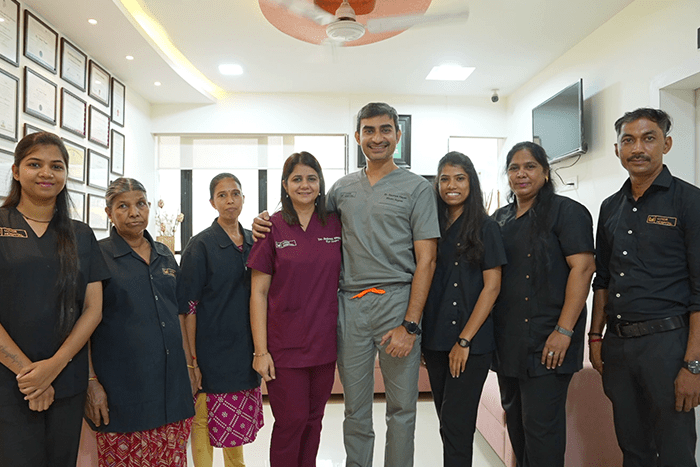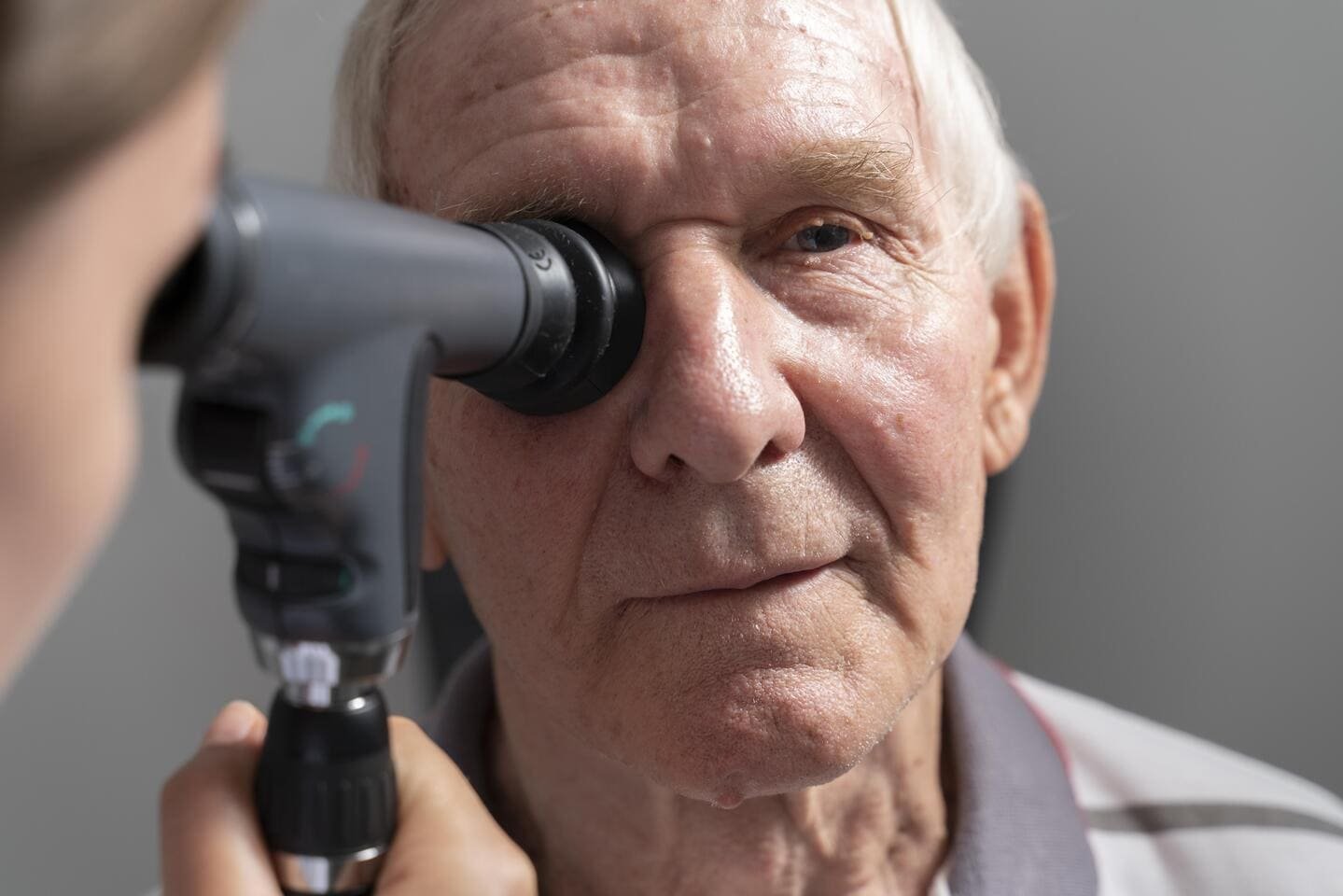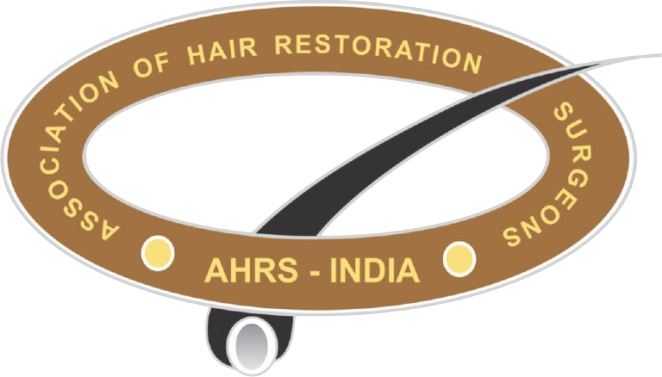Cornea Treatment
Cornea Treatment
Introduction
Cornea treatments focus on conditions affecting the cornea, the transparent front layer of the eye that plays a crucial role in vision. Common issues include corneal abrasions, infections, dystrophies, and conditions like keratoconus. Treatments may involve medication, surgical interventions, or corneal transplants to restore vision and eye health.
Who Can Get It?
-
Ideal for individuals with corneal diseases, injuries, or conditions causing vision impairment.
-
Recommended for those with corneal infections, inherited dystrophies, or eye trauma.
How Safe Is It?
-
Cornea treatments are generally safe when performed by a skilled ophthalmologist. Risks include infection, scarring, or complications from surgery, though these are rare with proper care.
Pros & Cons
Pros: Improves vision and eye health; restores corneal function; can be life-changing in cases of severe corneal conditions.
Cons: Potential need for long-term follow-up; recovery time may vary; surgical procedures like corneal transplants have some risks.
What are common corneal conditions?
Common conditions include corneal abrasions, keratoconus, corneal infections, Fuchs’ dystrophy, and corneal scarring.
How are corneal conditions treated?
Treatments can include medication (antibiotics or steroids), surgical options (corneal transplant or cross-linking), or corrective lenses (for keratoconus).
How long does it take to recover from corneal surgery?
Recovery time varies depending on the procedure, with corneal transplants requiring several months for full recovery, while laser treatments may have a quicker recovery time.
Medical Association!
Book a Consultation on WhatsApp!
Chat with us on WhatsApp or book a Consultation to explore how we can help you with your needs!






